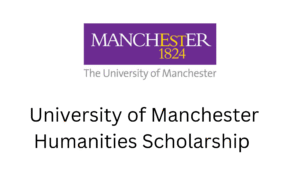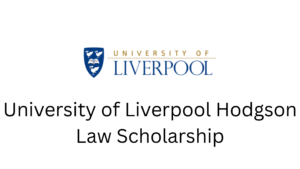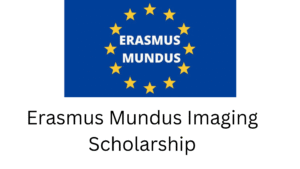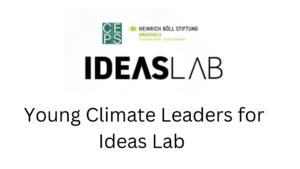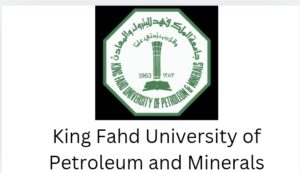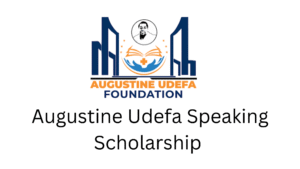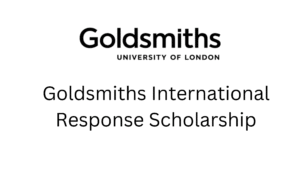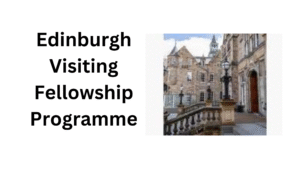
Table of Contents
About the Ireland Fellows Programme 2025
The Ireland Fellows Programme (SIDS) is a crucial part of the Government’s Strategy for Partnership with Small Island Developing States, which was introduced in June 2019. This strategy highlights the extensive collaborative efforts between Ireland and SIDS in various areas, particularly in climate action and ocean protection.
The Ireland Fellows Programme aims to support the professional development of early- to mid-career professionals from eligible countries who demonstrate leadership potential. The programme offers a fully funded one-year master’s-level education at a higher education institution in Ireland. This prestigious opportunity enables participants to enhance their skills and contribute to capacity building in their respective nations.
Recipients of the fellowship will have their programme fees, flights, accommodation, and living costs covered. Eligible master’s-level programmes typically commence in August or September each year and vary in duration from 10 to 16 months, depending on the specific programme.
Furthermore, the Ireland Fellows Programme is committed to promoting equality and diversity, welcoming applicants from diverse backgrounds and ensuring equal opportunity for all.
Eligibility Criteria
Ireland offers the Ireland Fellows Programme (SIDS) award for the academic year 2025 to applicants from eligible Small Island Developing States (SIDS) countries who are interested in pursuing courses in areas such as agriculture, health, education, human rights, computer science, engineering, business, and more.
💬 Get Paid in Dollars Just by Chatting With Lonely People
Imagine earning daily dollar income from anywhere in the world — no degree, no experience, no interviews — just your phone or laptop.
People are getting paid simply to chat, listen, and keep others company online. This short ebook reveals:
- ✔ Legit platforms that pay in USD
- ✔ How Africans can register & withdraw successfully
- ✔ What to say to keep conversations paid
- ✔ How beginners start with zero experience
Instant download • Works worldwide • Beginner-friendly
To be eligible for this award, applicants must have substantial work experience directly relevant to their proposed program(s) of study, hold a bachelor’s level academic qualification from an accredited and government-recognised higher education institution, have not already obtained a qualification at master’s level or higher, and must not be currently undertaking a programme at master’s level or higher. Additionally, applicants must also demonstrate leadership abilities and aspirations, a commitment to the Sustainable Development Goals (SDGs) within their own country, and a commitment to building positive relationships with Ireland.
Moreover, applicants are required to have a clear understanding of the academic and English language proficiencies required for the chosen programmes and must be in a position to take up the Fellowship in the academic year 2025-2026. It is also important for the applicants to have identified and selected three programmes relevant to their academic and professional background from the Directory of Eligible Programs. Finally, applicants must not have applied to the Ireland Fellows Programme on more than one previous occasion, and they must be applying to commence a new programme at the master’s level in Ireland no sooner than August 2025.
The Fellowship covers the recipient only. Financial support or visas for spouses or dependents are not included within the scope of the programme.
Eligible Countries
Antigua & Barbuda, Suriname, Papua New Guinea Saint Kitts and Nevis, Saint Lucia, Samoa, São Tomé and Príncipe, Seychelles, Solomon Islands, St Vincent & the Grenadines, Palau, Timor-Leste, Tonga, Trinidad and Tobago, Tuvalu, Vanuatu, Bahamas, Guinea-Bissau, Barbados, Belize,, Cabo Verde, Comoros, Cuba, Dominica Dominican Republic, Fiji, Grenada, Guyana, Nauru, Maldives, Micronesia (Federated States of)Mauritius Marshall Islands, Haiti, Kiribati, Jamaica
How to Apply
Please ensure that you carefully review the Applicant Guidance Note before proceeding with your application, as eligibility criteria may vary depending on the country. The application process encompasses three key stages:
- Stage 1: Preliminary Application;
- Stage 2: Detailed Application;
- Stage 3: Interviews.
- Thoroughly familiarize yourself with all the application requirements before initiating the application process.
See also:
Emerging Global Leader Scholarship 2025 At American University
The University Of East Anglia Scholarships for Nigerian Students
ESIMAD Project African Scholarship 2024: Apply Now!
Google AI Essentials Course 2024 with Free Certificate
🔥 Want to Make Money Online the Right Way?
Discover how smart people are quietly earning with AI, Email Marketing, CPA, LinkedIn, Online Teaching & Content Creation.
This is not theory — it’s a step-by-step system.
👉 Get the Ebook Now

